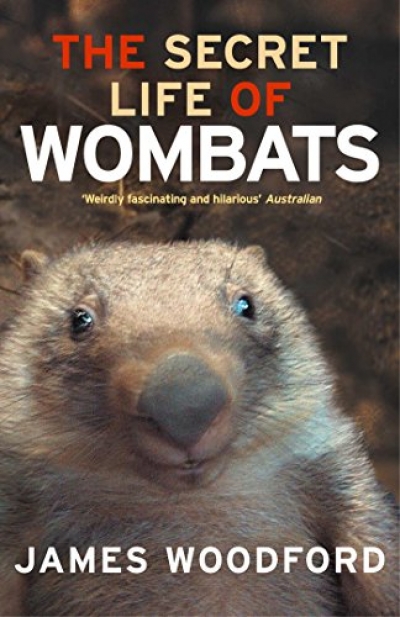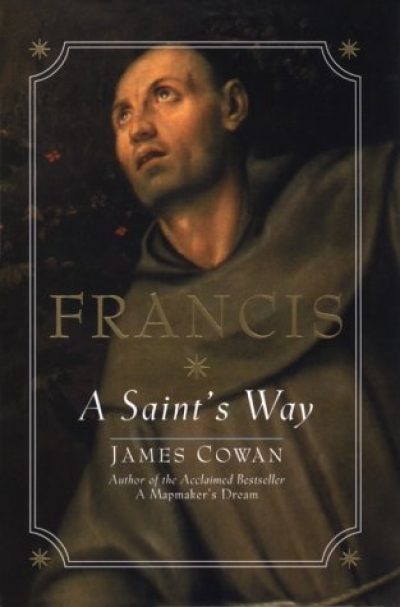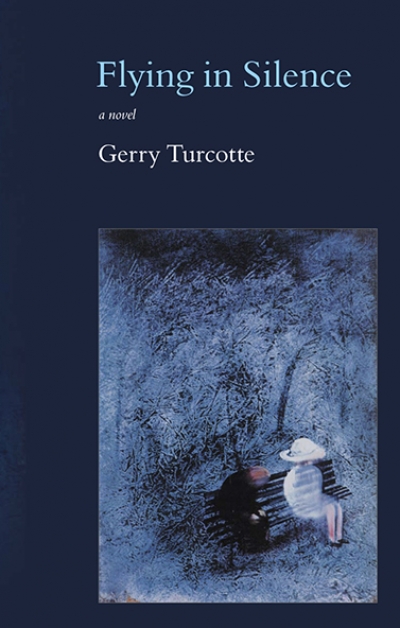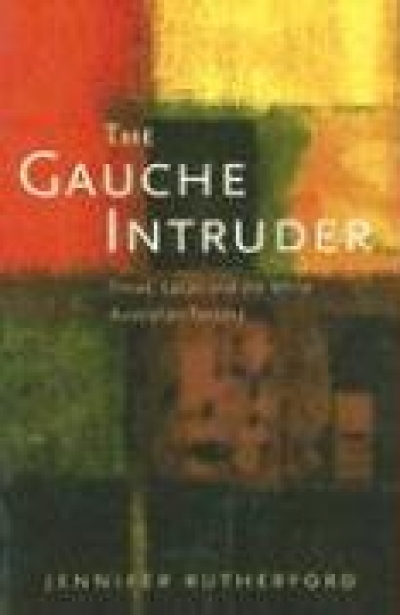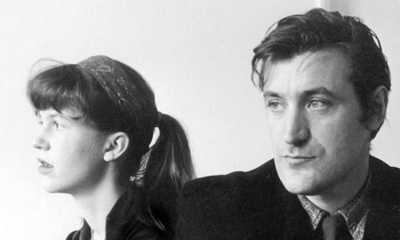Archive
If T.S. Eliot and Ezra Pound
Came back to life, again it would be found
One had the gab, the other had the gift
And each looked to the other for a lift ...
Better off without him
Dear Editor,
James Griffin, in his effort to rehabilitate John Wren (ABR, June 2001), attacks me and other historians. Stuart Macintyre has replied strongly; and Manning Clark, the main target, is unfortunately dead.
My turn now. Griffin refers to a book by me and two co-authors, Doc Evatt (1994), and says that ten letters from Evatt to Wren were ‘made available’ for the writing of this biography. Actually, no such letters were made available to me by anyone, and there was no reference to them in my main source, the Evatt Papers at Flinders University. I had never heard of the existence of the letters until I read an article on the subject by Griffin in Eureka Street (September 1992).
... (read more)A Certain Style: Beatrice Davis: A Literary Life by Jacqueline Kent
The Gauche Intruder: Freud, Lacan and the White Australian fantasy by Jennifer Rutherford
Sunday morning at Balgo in the Kimberley, the wind ripping past in a cold gale of dust and smoke. Wirrimanu, the name of this place, means ‘dirty wind’. White plastic shopping bags pulse and inflate, struggling against the twigs and wire that restrain them. My view down the magnificent plunge of the pound is intercepted by the gridded weld-mesh cage enclosing the verandah, and again by the three-metre-high cyclone mesh fence surrounding the compound. An insufficient barrier, as it turns out, to the entry of determined petrol sniffers. They have been in during the night and have opened all the jerry cans in the back of my car. Slippers, the dog who sleeps in the tray, has clearly made them welcome. I am carrying only diesel and water, and the sniffers have taken nothing, leaving a small stone on the lid of the toolbox as a gesture of – what? – irony, defiance, humour?
... (read more)As recently as May, Frank Kermode, writing in the London Review of Books, had the temerity to say, ‘Some writers really are better than others’. This may come as a surprise to the odd professor of English, it seems. You will recall that Raimond Gaita, our La Trobe University Essayist in the previous issue, cited one vigilant professorial leveller who, having purportedly disposed of the illusion that there are great books, was determined to expose the folly of the notion that there are good ones.
... (read more)I should make it clear at the start of these discursive memories that I knew Ted Hughes only slightly and Sylvia Plath hardly at all. But I lived in fairly close proximity to their ascent to fame in the 1950s and 1960s and knew much more closely some of the personalities intimately involved in the crisis in the lives of these two remarkable poets ...
... (read more)
